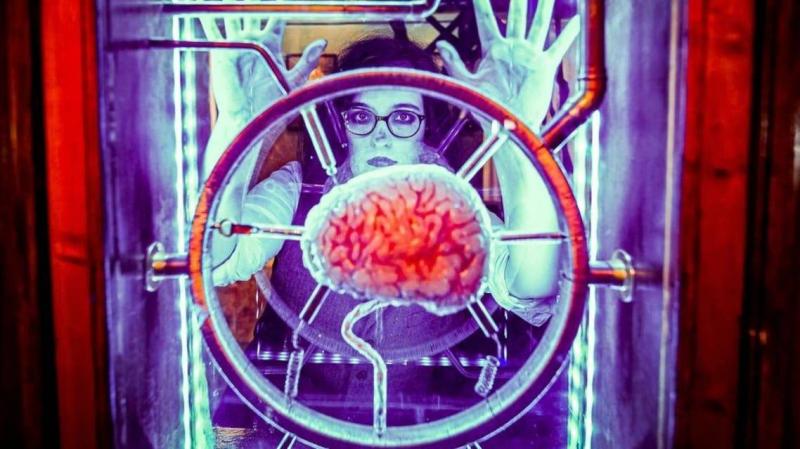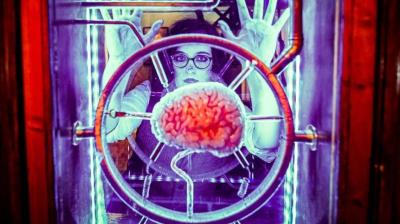Who among us does not wish to erase the bad and sad events that have been trapped in their memory? This has become possible as a number of scientists have discovered a protein that can be modified to change people's feelings or erase their bad memories. According to the British newspaper The Independent, long-term memories are divided into two categories: factual memory, such as that related to names, places, and events, and instinctual memory related to emotions or skills.
Scientists believe that instinctual memories can be modified, which could help individuals suffering from post-traumatic stress disorder (PTSD). Researchers from the University of Cambridge found that there is a protein called "shank" that acts as support for receptors that determine the strength of communication between different neurons. Consequently, any degradation of this protein may assist in erasing and modifying certain memories.
This could be done using chemical compounds known as beta-blockers, which are used in some medications for treating high blood pressure, migraines, angina, and arrhythmias. The team conducted an experiment on a number of mice, training them to click on a specific device, which was then associated with an electric shock, causing the mice to fear approaching it afterwards.
The scientists administered specific doses of beta-blockers to the mice and then repeated the experiment, finding that the mice did not remember anything about the electric shock and clicked on the device without fear. Dr. Amy Milton, who led the Cambridge team, stated, "These are really complex mechanisms, and we have to keep in mind that our experiment was conducted on animals only and has not yet been tested on humans. Human brains are similar to mice brains, but they are certainly more complex."
Milton noted that they hope to conduct their experiment on a number of patients with PTSD specifically, emphasizing that if their results are confirmed in those patients, it could help provide psychological support and reduce instances of depression and suicide.




